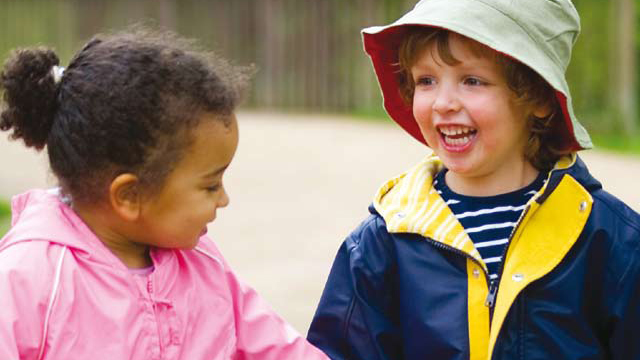Articles
Safeguarding Review of Six Dioceses – November 2011

Summary Report – Extract
Key Findings of the Reviews
Across all of the six dioceses that have participated to date, a marked improvement in two key areas of safeguarding practice is evident. Firstly, reporting allegations to the statutory authorities occurs promptly and comprehensively. All known details are regularly shared and each of the dioceses has established a sound working relationship with their relevant statutory agencies. This represents a major development as past practice did not always reflect this commitment. Secondly, the need to create and maintain a safe environment for children in the Church is comprehensively accepted and implemented. Each of the dioceses examined had developed a safeguarding framework which mirrored that as set out in “Safeguarding Children: Standards and Guidance”. This framework is almost entirely volunteer led.
The critical role of “delegate” or “designated officer” has in many cases been undertaken by a member of the clergy. In some of the Reviews, a recommendation has been included that where possible this role should also be undertaken by a suitably qualified and experienced lay person. We would believe this to be necessary as that role is critical to the effective running of the safeguarding framework within the diocese. It would be our view that it is significantly more difficult for a member of the clergy to perform all of the tasks that are involved in the successful discharge of their responsibilities.
The picture that is presented by all of these dioceses is an improving one. There is greater awareness and much greater commitment to safeguarding children than was once the case. Individuals that are seen as being a risk to children are reported quickly to the authorities and steps are taken to eliminate their access to children. There are some differences that occur in terms of approach but these are being worked on and addressed.
Each of the dioceses and their respective bishops, are to be commended for their willingness to engage in the Review process. For some, this involved considerable anxiety with regard to opening their files for an independent body such as the National Board to scrutinise. It is to their credit that they did this and provided the support and co-operation which they did to the reviewers.
A key element in the process of improving practice in any Church authority is the provision of training. It has previously been commented upon that bishops often fail to avail of training opportunities when they arise. They are the group that carries the heaviest responsibilities within the Church with regard to the safeguarding of children. It is interesting to note that an increasing number of bishops are now present regularly at training events set up by and provided through the National Board. It is also gratifying to report that these six bishops are amongst the most frequent attenders at those events.
The fact that each of the Reports is being published is also a tangible demonstration of the extent of their commitment to not only effectively safeguard children, but to be shown to be doing so. They have all expressed to me a desire to reassure the lay faithful in each of their dioceses that practice in their diocese is as good as they can make it, and that they are all committed to ensuring that it becomes even better in the future.
In the past, good practice may have happened through the commitment of an individual bishop. However, if that bishop retired, then the practice may also change with him. This difficulty was commented upon by Judge Yvonne Murphy in her Report on the situation in the Archdiocese of Dublin. The National Board has worked hard to try to introduce uniform and consistent standards for adoption and implementation across all of the Church authorities. By advocating standards based approach, it is hoped that any vulnerability to being too dependent on individuals would be eliminated. It is gratifying to report that these six dioceses would be amongst a number who regularly consult with and draw upon the experience and expertise that lie within the National Office. They have sought to implement in their dioceses the framework and the policies that have been put forward by the National Board. If any of these dioceses were to face change in terms of leadership, the framework would continue and the approach should not alter significantly.
Download
Summary Report
Diocese of Ardagh and Clonmacnois
Diocese of Derry
Diocese of Dromore
Diocese of Kilmore
Diocese of Raphoe
Archdiocese of Tuam
Click on link for NBSCCC press statement and to watch video with Ian Elliott.
